Why is it that in today's CBA news, the excitement of the games seems to be overshadowed by various dramatic events off the court? From star player Zhou Qi's emotional outbursts on the court to referees once again becoming the focus of conflict, from the frequent changes in foreign players to the internal management crisis of Beijing Shougang, a series of issues that appear independent are actually like dominoes, reflecting the growing pains that the CBA cannot avoid in its journey towards professionalization. Is this a problem with the players or the league? It's worth our careful consideration.
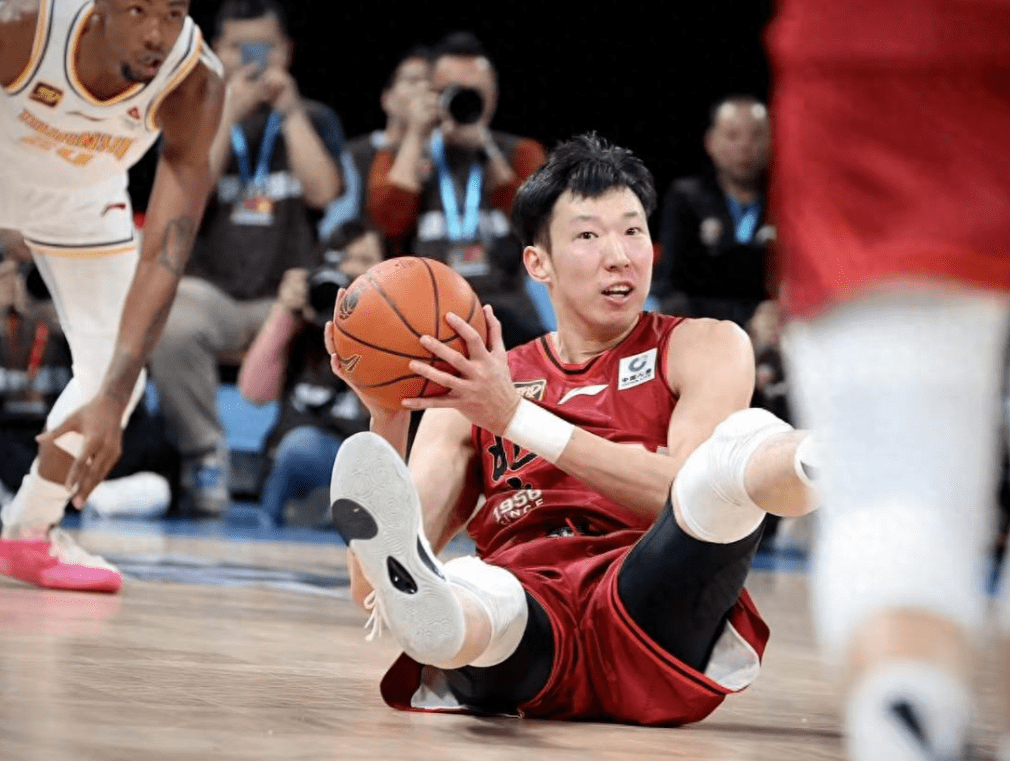
Zhou Qi has once again become the center of public opinion. In a crucial game for Qingdao Men's Basketball, he was ejected from the game after receiving technical fouls for his dissatisfaction with the referee's decision. This incident quickly sparked heated discussions, and there were even reports that he would likely face an additional suspension. However, this is not the first time Zhou Qi has become the center of controversy due to emotional outbursts. As early as the 2021 playoffs, he was fined for questioning the referee's decision on the court, leading people to jokingly say, "Zhou Qi's performance and temperament are always equally unpredictable."
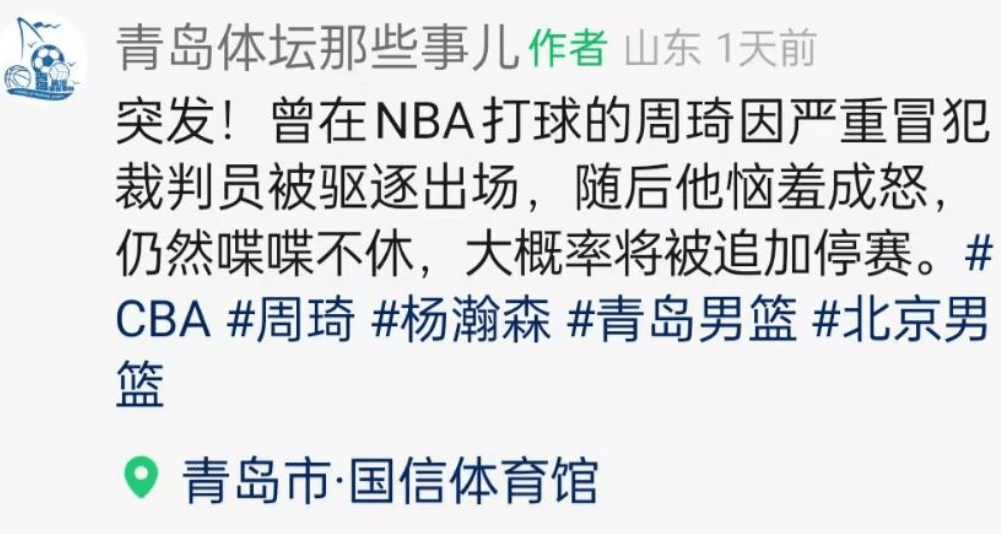
There is no denying that Zhou Qi is undoubtedly a top player in the CBA. At the center position, he has led his team to victory multiple times with his height and basketball IQ, and is even the "pillar" of the national team. However, his emotional management issues are like a scar that keeps recurring. Whether it's arguing with referees or engaging in verbal spats with fans, each outburst has left a hidden danger for his career.
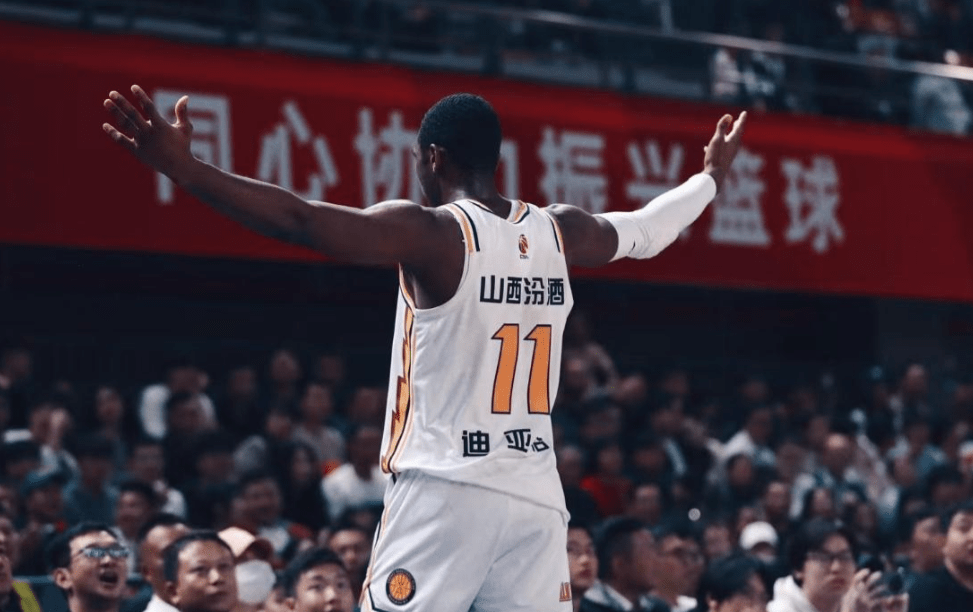
In fact, Zhou Qi's conflicts reflect more than just his personal problems. In the league, the scenario of "players and referees at odds" is not the first time it has occurred.
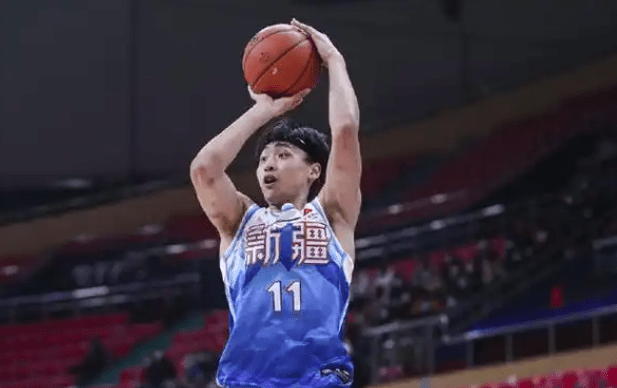
Like Zhou Qi, many other players have suffered due to referee issues. Zhao Rui and Qi Lin are among the recent victims of controversial refereeing decisions. So, who should be held responsible for these conflicts between big-name players and referees?
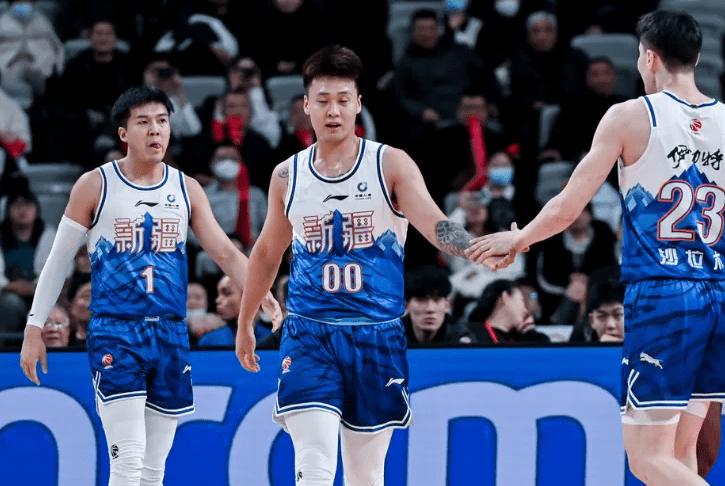
Professional basketball commentators have stated bluntly: "The inconsistency in refereeing standards is a common phenomenon in current CBA games, with rules often interpreted and enforced with significant deviations." What's worse, this lack of professionalism is directly evident on the court: the same action may sometimes be called a foul, while other times it is overlooked. There have even been instances where the referee's group changed the outcome of the game due to a replay error, creating an "own goal."
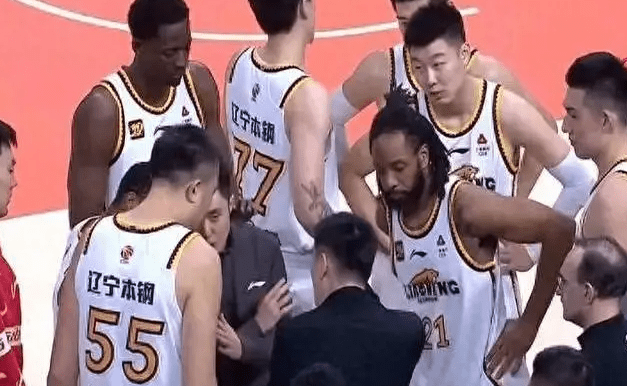
This uncertainty not only makes players angry but also causes fans to sigh repeatedly. A recent survey targeting fans showed that as high as 60% of respondents believe that refereeing issues are one of the main "complaint points" in the CBA league. Referees should be the sole authority in the game, but now they have instead become the biggest "variable" in the match. This is clearly an awkward issue that professional leagues have been striving to avoid.

In my view, if the CBA wants to improve the overall refereeing standards, it doesn't need any grand plans; rather, it should start with the most basic grassroots training, standardization of rules, and regulatory systems. In short, don't make things too complicated; focus on foundational development and reduce controversies, which can already be considered progress.
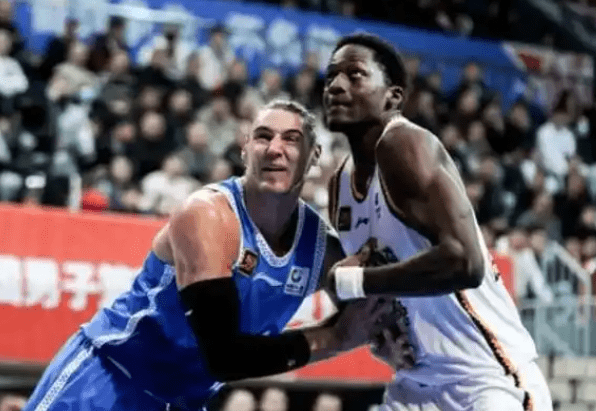
If the refereeing issues have somewhat discounted the professionalization process of the CBA, then the frequent changes in foreign players have made some teams seem like they're playing in a "test field." The most representative example is Liaoning Men's Basketball. Once upon a time, Liaoning relied on a combination of foreign players like Hudson and Han Dejun, along with domestic talent, to achieve great success. However, starting from the past five seasons, they have engaged in a "relay battle" when it comes to their "big foreign players."
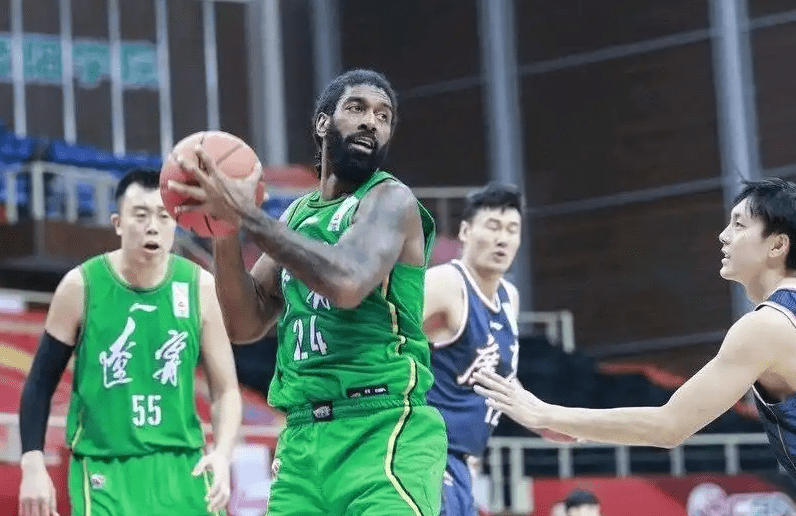
The latest news indicates that Liaoning will abandon Patton due to his poor performance and plan to seek new reinforcements during the second window period. A Liaoning fan humorously commented, "We pick foreign players like we're going to the market; we try whichever looks fresh, only to find out later that they're lame."
In fact, the frequent change of foreign players appears to be aimed at improving results, but it exposes deeper management logic issues. Compared to Liaoning's "trial-and-error" approach to selecting foreign players, Shanxi Men's Basketball's operations seem to have a longer-term plan. Despite the recent departure of their main foreign player Diallo due to family reasons, expected to miss three games, the team had already supplemented with Godwin as a contingency.
After careful consideration, it's not difficult to see that such forward-thinking operations, like those of Shanxi, are what professional clubs should look like. As for Liaoning's strategy? It can only be described as a "procrastination-style emergency response" to the current situation, which might be useful in the short term, but the long-term effects cannot be ignored.
Although Liaoning is known as the "professional foreign player changer" when it comes to team issues, Beijing Shougang is undoubtedly the "champion coach changer" in recent years. From the frequent changes between Jie Libin and Yangis to the current rumors of Xu Limin's dismissal, the changes in coaching positions have been tumultuous.
Now, Xu Limin is under immense pressure, with the team suffering consecutive injuries and increasingly unstable results. In such a situation of internal and external troubles, how long can he maintain his position as head coach? Even the senior management of Shougang might not be sure.
What's even more alarming is that for a team, the instability of coaches is often the most direct manifestation of management issues. In the CBA over the past few years, we've seen similar situations, with Beijing Shougang being particularly typical. A team that wants to maintain long-term competitiveness relies not only on the performances of star players and foreign players but also requires stable management from top to bottom.
In conclusion, the commonality among these events, from Zhou Qi's controversies to refereeing issues, frequent changes in foreign players, and poor team management, lies in the fact that they are not isolated incidents but rather deep-seated problems exposed by the entire league in the process of professionalization. The CBA has indeed experienced many positive changes in recent years, but as it moves towards professionalization, it cannot ignore the details.
To raise the ceiling, the foundation must be solid. The future CBA will become better, I believe, which is the shared expectation of all basketball lovers. I hope that after such growing pains, we will welcome a stronger league.
(Disclaimer) The processes and images described in the article are sourced from the internet. This article aims to promote positive social energy without vulgar or inappropriate content. If there are any copyright or personal infringement issues, please contact us promptly, and we will delete the content immediately! If there are any questionable parts of the event, we will delete or make changes immediately after contact.